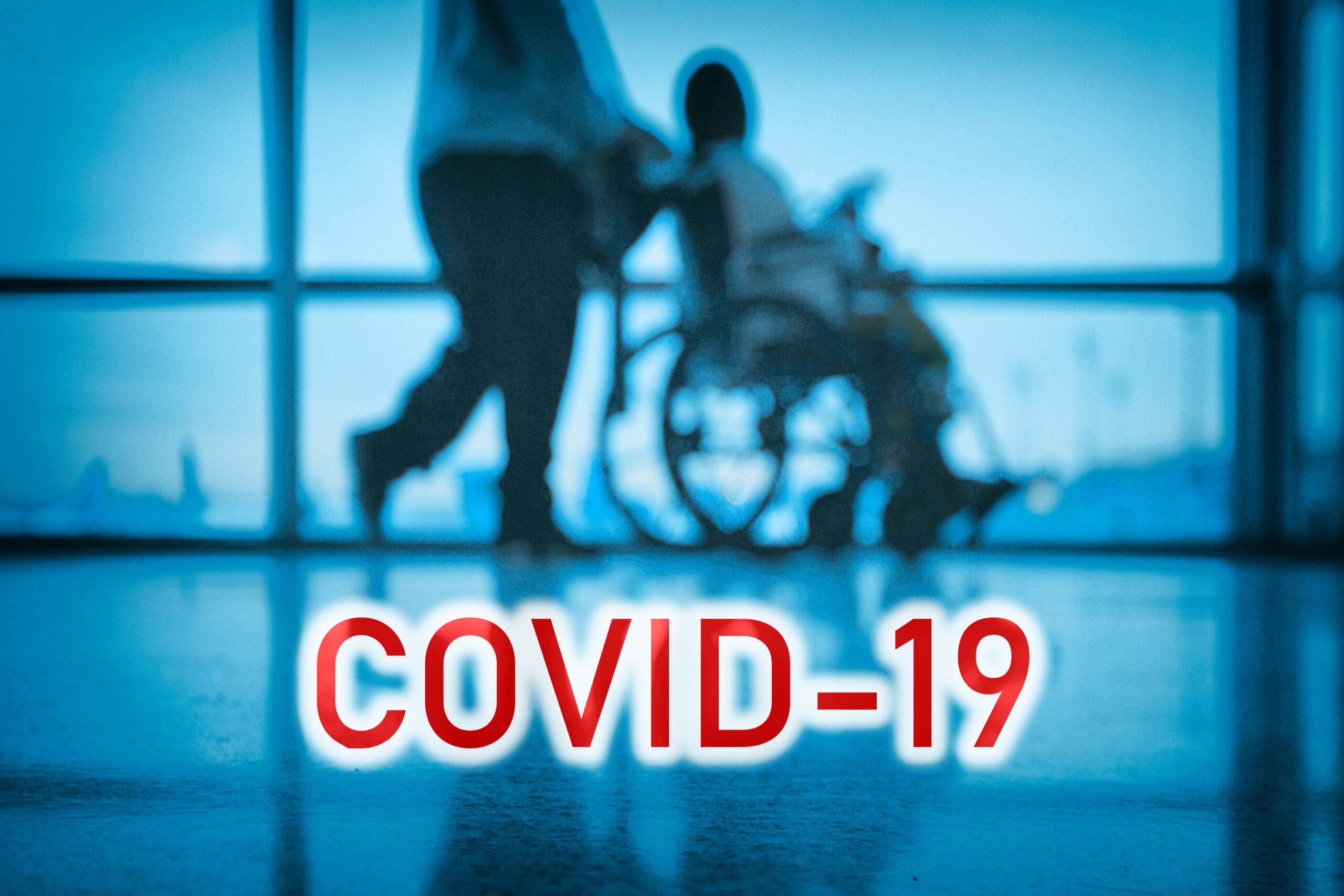Lockdown 3 is now firmly under way and the recent regulations are not due to expire until 31st March 2020. With the return of the shielding programme, brain injury survivors, and those with other disabilities, their families and friends across the UK will be thinking about what the implications are for this lockdown and how the current rules might differ to the previous lockdowns.
Here are some tips on how the regulations for ‘lockdown 3’ impact on those with a disability, and what help and support can be provided by friends, family and professional carers.
What bubbles can be created where someone has a disability?
A support bubble – if someone in a household has a disability, then a support bubble can be created, even if the person with a disability lives with another adult. The regulations do not make any reference to how close in distance the two households must live, but it’s likely that to be of practical benefit the two households probably need to live reasonably close together.
Childcare support bubble – If a household has at least one child under 13, then they can form a childcare support bubble for informal childcare support. This can be with a different household to the support bubble.
Note: You don’t have to choose between a support bubble and a childcare bubble and can have both bubbles if you meet the criteria for both
Changing your support or childcare bubble – You can change your bubble if you stop seeing that household for 10 days. You can then create a new support or childcare bubble. The guidelines suggest that changing your support bubble should not be done regularly but the regulations do provide a process for it to be done, should you need to consider it.
What support can be provided where someone has a disability?
Professional carers – professional carers have continued to be allowed to assist clients throughout previous lockdowns and that remains in place for ‘Lockdown 3’.
Family and friends – If someone provides care and assistance or personal care for a vulnerable person or a person with a disability, then they are allowed to leave their own home to provide that care and support. Therefore, if someone has a professional carer(s) this doesn’t prevent someone else, such as a friend or family member from also providing care and assistance. The regulations do not specify how many households can provide care and support, as long as it is considered reasonably necessary. So where more than one extended family member, or friend, provides care or assistance, providing it is considered reasonably necessary, then that support can continue.
When are you allowed to leave home?
The regulations provide a long list of reasonable excuses to leave home. The ones that may be of particular interest to those in a household with someone who has a disability, or who supports someone with a disability are likely to include:
Hospital and care home visits – You can still visit someone in a hospital or a hospice of care home – assuming the hospital or care home rules allow it. It is legally allowed so the hospital or care home should be taking steps to ensure covid safe visits can take place.
Exercise – You can go out for exercise with anyone from your household, or support bubble and also where exercise is being taken as part of informal childcare with a childcare bubble. You can go out for exercise with one other person not in your household or support bubble. Up to two carers can be present in addition to your own household, and/or a support bubble, and in addition to one other person if exercise is being taken with someone not part of a support bubble or household.
Outdoor sport – Organised sports for those with a disability can continue so long as it is outdoors. However, spectators are not allowed.
Medical appointments – You can still attend medical appointments although you may find that some may be via virtual appointment at the moment or have been postponed.
Support groups – Support groups with up to 15 people are still allowed to continue where it is not possible to organise the group to have virtual meetings. This can apply to both individuals with a disability or their family members who may attend a support group – for example a carers support group.
Other reasons – the list of excuses in the regulations are not exhaustive so if you have a valid reason to leave home, that may be considered a reasonable excuse.
Article By Jemma Cahan
Current guidance is available at https://www.gov.uk/guidance/national-lockdown-stay-at-home. Please note guidance refers to current government recommendations. The law is set out in The Health Protection (Coronavirus, Restrictions) (All Tiers) (England) Regulations 2020 which can be found at https://www.legislation.gov.uk/uksi/2020/1374. This article was prepared based on the regulations as of 14 January 2021.
Please Note: The above article is intended for information purposes only. It does not constitute legal advice, therefore it should not be relied upon and does not give rise to a solicitor/client relationship. You must not rely upon this information when making any legal decisions. In relation to specific circumstances, independent legal advice should be sought. While we make all reasonable efforts to ensure the accuracy of the information contained in our articles, neither the author nor JE Bennett Law, accepts responsibility for any inaccuracies.








